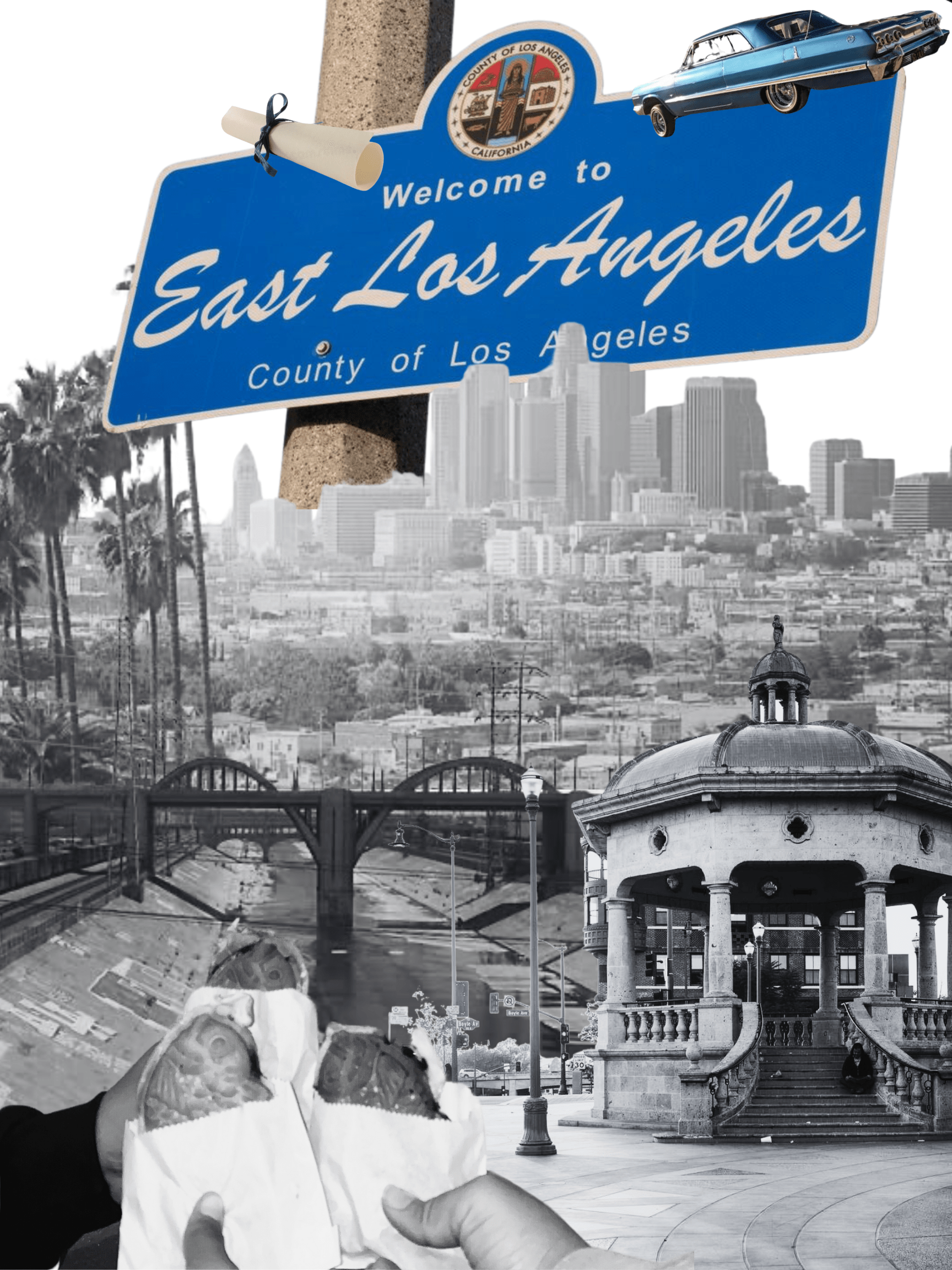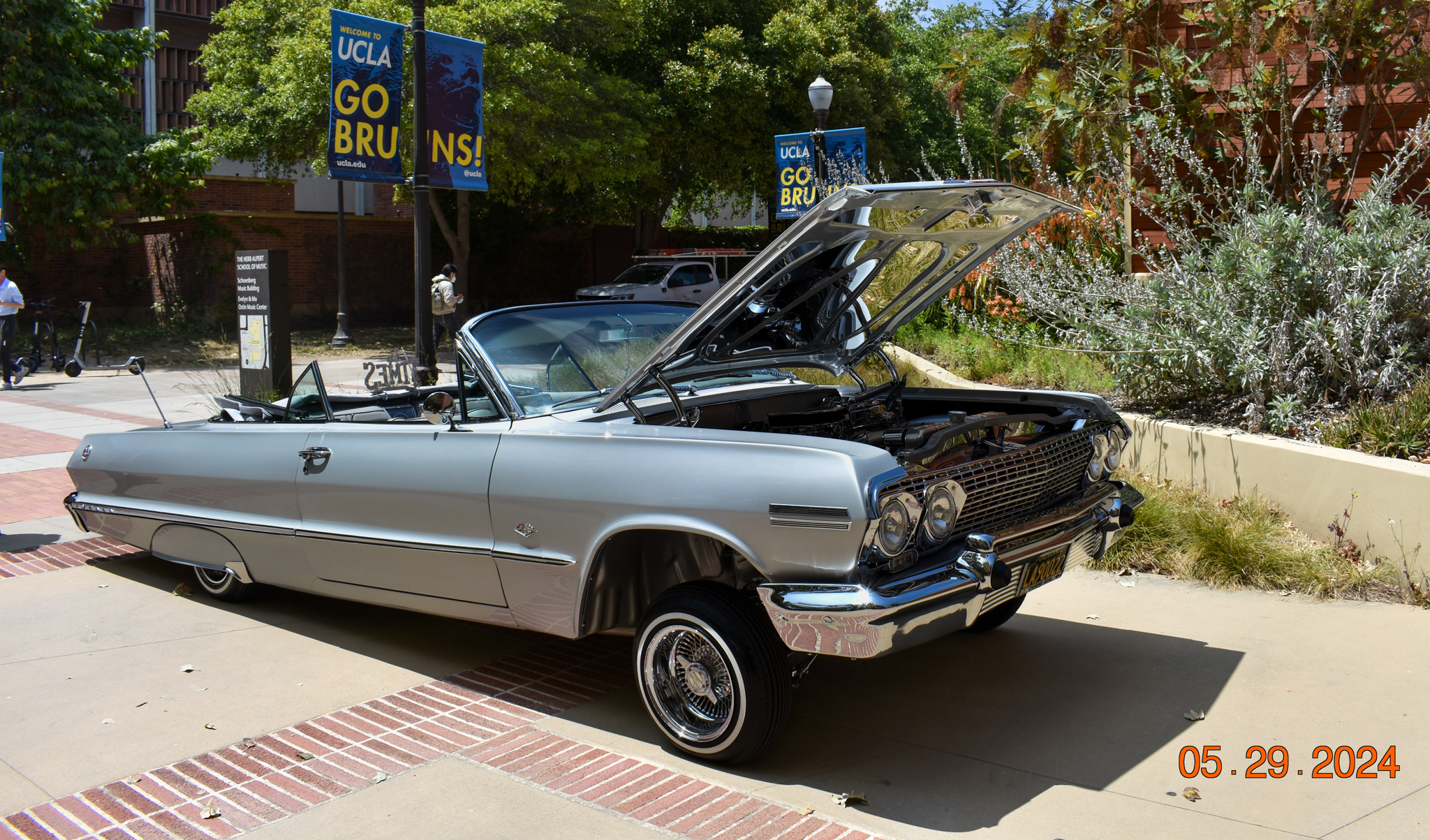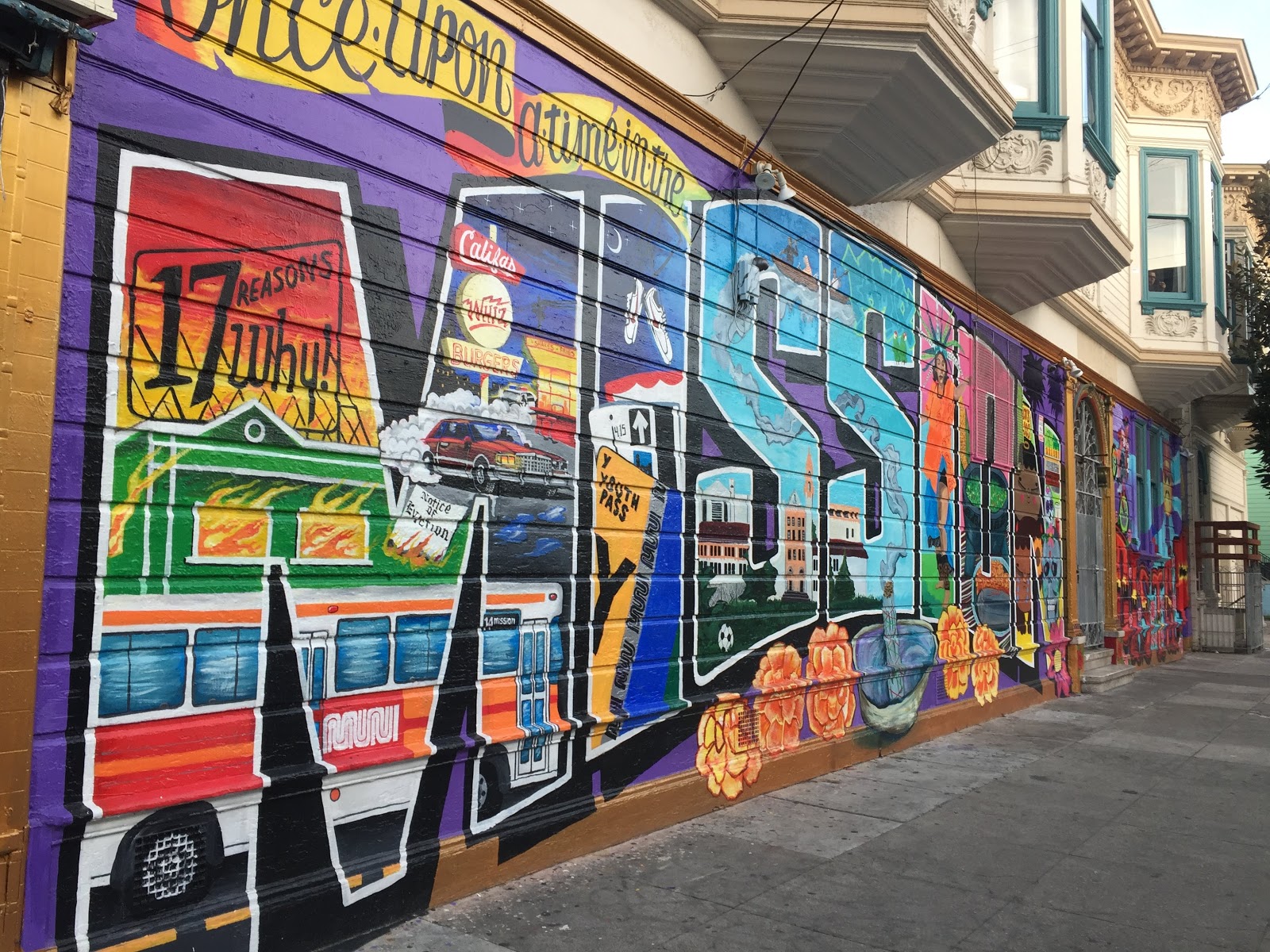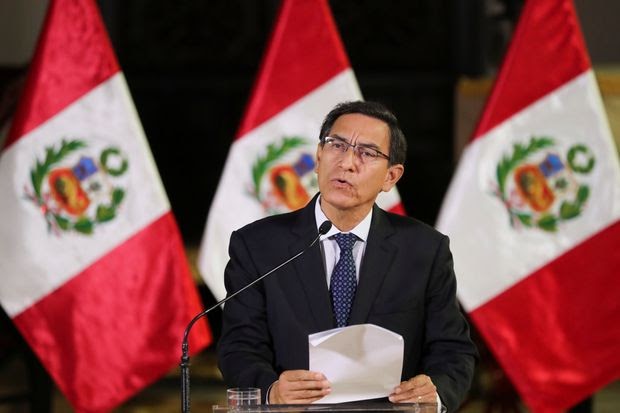“No Estamos Esperanzados”: Expectations of California Day Laborers for the New President and COVID-19 Measures

Street corner with Day Laborers ready to work. Taken by Lesley Ramirez
For many of us, life has been brought to a halt thanks to the COVID-19 pandemic, but this is not the case for day laborers. Day laborers in California are, for the most part, undocumented immigrant men who work temporary jobs. Every day without fail, these groups of men wake up a little before sunrise to begin their day of work. However, due to their citizenship status, many of them have not had the luxury of receiving stimulus checks or any form of federal aid during the pandemic.
Following social distancing regulations, I went out to interview a few day laborers. I asked them the following questions: how has COVID affected day laborers? What do they expect the new president to do differently from the current lame duck? What can our communities do to help them?
The first day laborer I spoke to was Brandon D., a man in his early thirties, wearing a face mask to comply with COVID-19 regulations. I asked him his thoughts on President-elect Joseph Biden and how he thinks Biden will help immigrant workers. Brandon shared that “at the very least the new president does not seem as racist as the current one. This gives me some hope that he will treat the Latino immigrant communities a bit better.” As for COVID, he said, “Of course he can do a lot more to help us. A big thing [Biden can] do is to get a vaccine out and make it accessible to everyone.”
Other day laborers like José Rocha and Angel Vázquez agree with Brandon D. and share that they do not wish to see anymore future lockdowns implemented by the new administration.
Rocha added that another lockdown would “bring on another episode of chaos in the stores. We are out working all day. We don’t get off until late in the day and by the time we would get to the stores everything would be out of stock.” He also said, “If I don’t work, that hurts my family back home as well.”
Along with not receiving government aid, I asked the men if any of them received any form of supplemental help from their bosses or employers. Rocha shared, “It’s me and another guy working, my boss. When he doesn’t get any jobs, I don’t get any jobs, so there was no way for him to help me out. I’m just glad we are both working again.”
I asked Vázquez what he expects the government to do to help him and others in similar situations. Vázquez explained his disillusionment with the government and stated that “the first government to fail me was the one in Mexico. They discriminate on age, they don’t allow people over 55 years old to work because they don’t want us to receive pensions after retiring, but they’re allowed to run for office at 55 and run a corrupt government.” Following that response, Vázquez was picked up for work that day and asked if I could come back the next morning.
The following morning, Vázquez continued to share the lack of expectations he has for any president or government. He said, “No estamos esperanzado a que nos den nada, solo que nos dejen seguir trabajando. (We’re not hopeful in receiving anything, we just want them to keep letting us work.)”
Vazquez added that he and other immigrant workers are always willing to work and that “there’s always going to be jobs we can do because there are things no one else will do, it just all depends on whether they [the government] let us work. The advantage of our job is that we’re always outdoors and we are not around other people.”
Aside from asking them what the government and those in positions of power can do to help, I asked the men what their communities can do to help them and other day laborers. Rocha asked for people to be more mindful in the case of another lockdown. Vazquez said, “If it’s not necessary for people to go out, they should stay inside because there are people that have to work.” Finally, Brandon D. asked, “Que la gente en la comunidad siga usando mascarillas. Eso nos ayuda mucho porque nos protege un poco más a los que tenemos que trabajar. (People should keep wearing masks. That helps us out a lot because it protects those of us who actually have to work.)”









Leave a Reply
Want to join the discussion?Feel free to contribute!